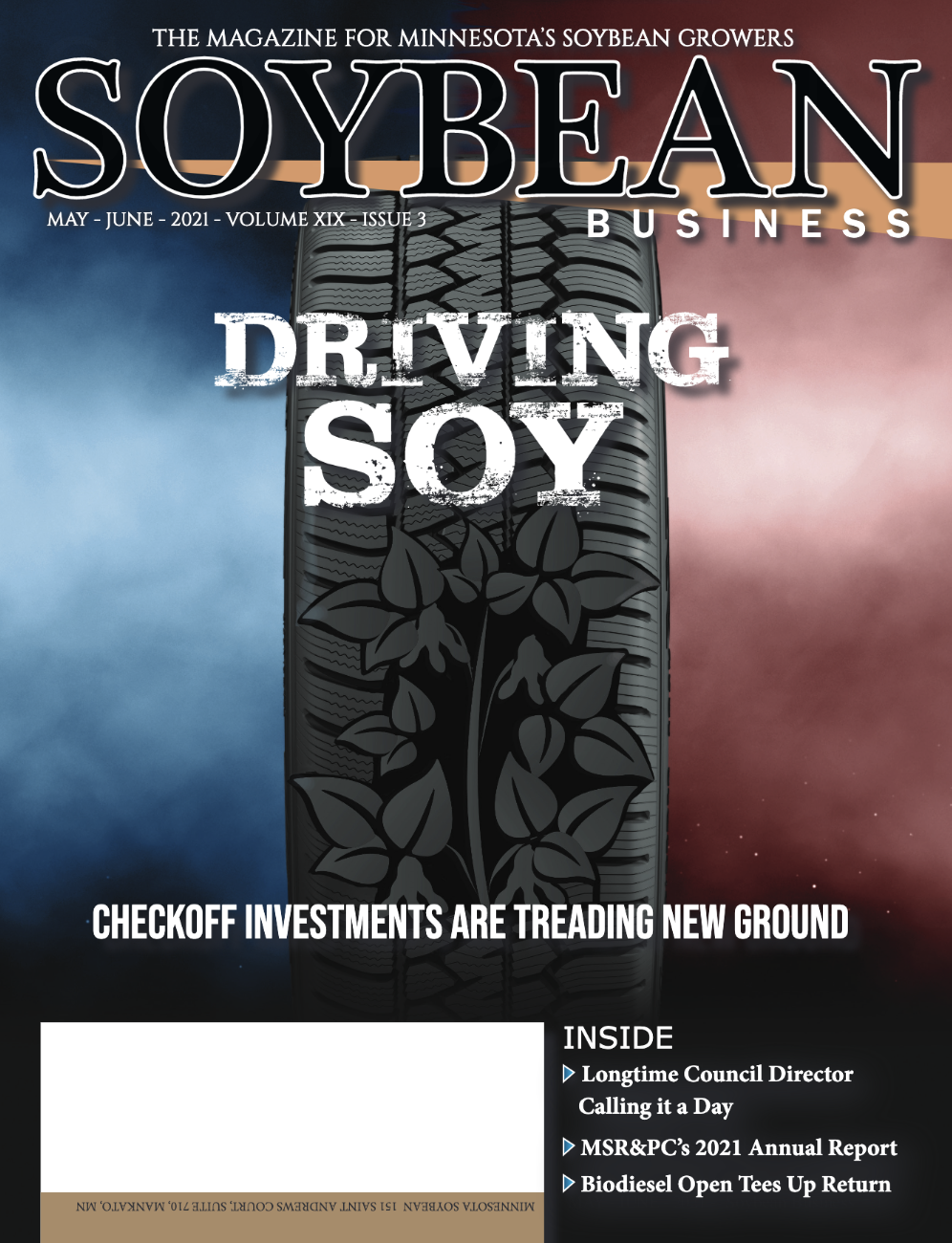Make your voice heard.
Farmer leaders are vocal and active in their support of Minnesota’s soybean farmers. But sometimes that isn’t enough. We need farmers like you to step up and let your individual voice be heard in concert with the voices of other Minnesota farmers.
Use the Take Action section of this site to connect to your local representatives and voice your opinion on key issues.
2024 policy wins
With a membership of nearly 2,600 Minnesota soybean farmers, MSGA can make a lot of noise in St. Paul and Washington, D.C. to effectively fight for farm-friendly policies that protect your freedom to farm.
MSGA’s lobbying team and farmer leaders defended and testified against bills that would’ve severely restricted producers’ ability to operate. Those measures included attempted bans on neonicotinoids and pesticides; a bill banning soybean seed from being treated with neonicotinoids; and costly new fertilizer fees.
MSGA collaborated with ag groups and worked with lawmakers and committee chairs throughout the session to prevent those policies from reaching the governor’s desk and harming our farmers.
MSGA was successful in helping to advocate for a modification to the earned sick and safe time bill that carves out an exemption for agriculture employees working 28 days or less in a calendar year. This exemption will allow greater flexibility for farmers hiring part-time help during planting or harvest season.
Language on drain tiling registration at the time of sale, which MSGA strongly opposed, also failed to become law during the 2024 legislative session, thanks to a united push back from MSGA and farm advocacy groups. This legislation would’ve added additional and unnecessary burdens to Minnesota farmers.
During Hill Visits in February and March, MSGA stressed to lawmakers and the Walz administration how growers, mostly located in southeast Minnesota, have been crippled by deer feeding on their soybean crop. While MSGA sought greater state support, the $50,000 in funding for a deer crop and fence damage study is a first step toward addressing this issue in future sessions.
In the Omnibus Agriculture Supplemental Appropriations Bill, MSGA successful advocated for $500,000 in funding for soil health grants; $225,000 to combat avian Influenza; and $2.8 million for nitrate initiatives in southeast Minnesota (in addition to appropriating $13 million from the Clean Water Fund).
During the session, legislation that would’ve damaged the biodiesel industry – which contributes nearly $1.7 billion toward the state’s economy – also failed to gain traction, signaling another protective win for MSGA. In addition, MSGA was proactive in continuing to promote soybean oil as a feedstock in the growing sustainable aviation fuel market.
MSGA also explained to elected officials and the Walz administration how cities in states surrounding Minnesota are already upgrading dozens of multi heavy-duty vehicles to B100 (100% biodiesel) to reach net-zero emission goals using Optimus Technologies. If the state is serious about cutting carbon today, they don’t need to look further than biodiesel as a right here, right now solution.
Become an MSGA member
MSGA strives to speak with one voice to make positive changes that support the future of agriculture. Because soybean checkoff dollars cannot be used for lobbying, it’s up to us as farmers to actively let our voices be heard on issues like water quality, biotechnology, animal agriculture and more. Your investment helps to make that happen.




